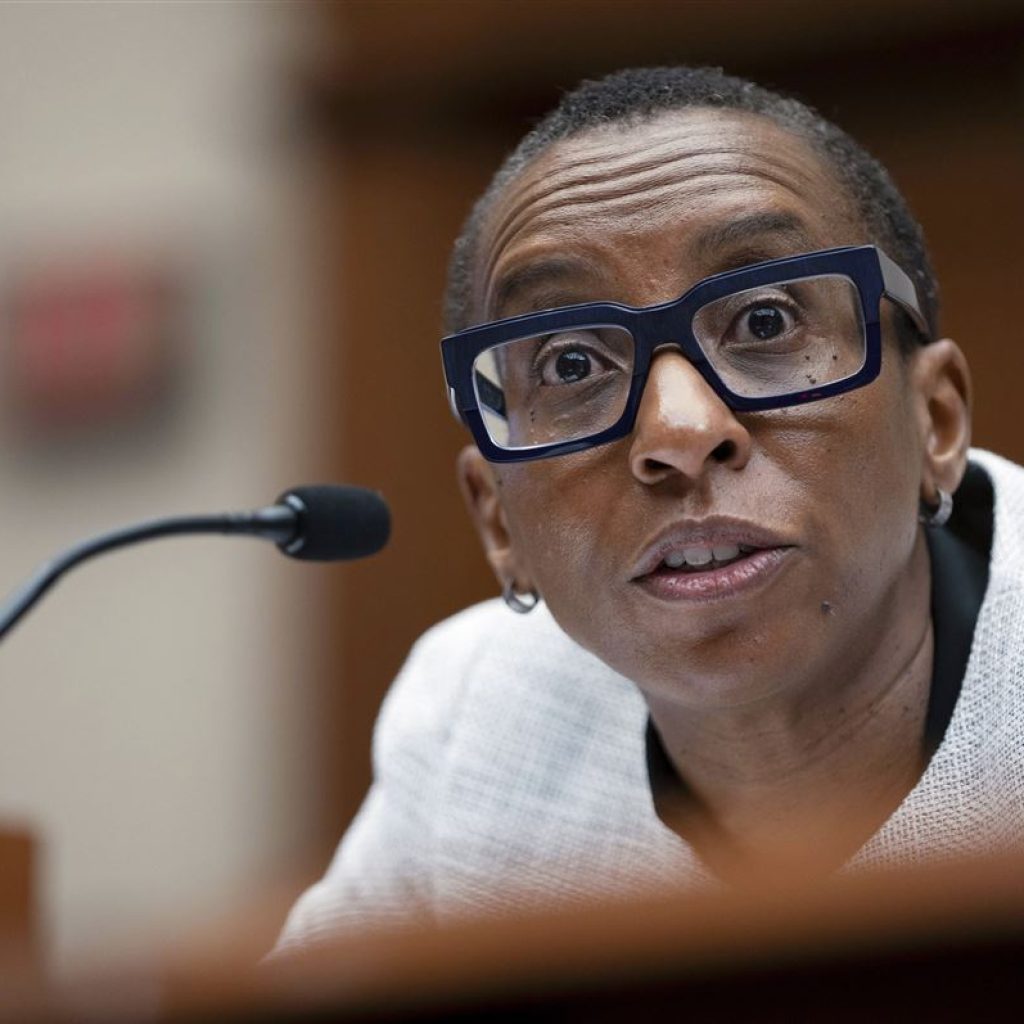In the ever-evolving landscape of artificial intelligence, the emergence of generative AI has thrust the realm of copyright into a perplexing dilemma. The keyword here is “Generative AI.” As these sophisticated systems, exemplified by ChatGPT, undergo training on colossal datasets that often include copyrighted material, questions about the legality of the copying process arise. This news story delves into the intricate web of concerns surrounding the intersection of generative AI and copyright, exploring the potential need for changes in copyright laws.
Generative AI and the Napster parallels
AI systems, a prime example being ChatGPT, undergo training that involves analyzing extensive datasets containing copyrighted content. This training facilitates the recognition of patterns, enabling these systems to generate coherent prose and images in response to various prompts. Yet, a contentious debate has emerged, with some asserting that this process amounts to unauthorized copying—a violation of copyright laws.
David Karpf, in an opinion piece for Foreign Policy, draws parallels between the current discourse on generative AI and the Napster era. Karpf acknowledges the inevitability espoused by AI evangelists but cautions against unquestioningly embracing this future. The comparison to Napster, often seen as a harbinger of the demise of copyright, brings forth crucial lessons.
Karpf contends that copyright laws did not bend to accommodate new technologies during the Napster era, and the aftermath revealed both challenges and opportunities. He suggests that the inability of music piracy to establish a post-copyright legal business model might signal potential pitfalls for generative AI products relying on copyrighted works for training data.
Yet, the comparison to Napster, while insightful, may not capture the entire narrative. The evolution of music consumption post-Napster, marked by the rise of streaming services like Spotify, illustrates that compliance with copyright laws does not necessarily translate to prosperity for content creators. Karpf’s argument about generative AI products facing similar copyright roadblocks may need further scrutiny.
Karpf references John Perry Barlow, emphasizing the shift in public perception toward copyright. While copyright itself may not have vanished, its impact has been blunted, with piracy persisting and evolving. The lesson from Napster lies not only in legal compliance but in altering societal perspectives on copyright.
Exploring alternative avenues
Despite the challenges posed by copyright concerns, there exist potential pathways for generative AI and machine learning that do not entail outright rejection of copyright. Lessons from the Napster era suggest that a licensing scheme, compensating intellectual property owners, could be a viable option. Notably, negotiations with publishers rather than writers underscore the complexity of such a scheme.
The key distinction lies in the visibility and financial backing of generative AI efforts compared to the underground nature of Napster. Machine learning, driven by powerful technology companies, stands as a formidable force determined to navigate copyright challenges successfully.
A plausible scenario emerges in the form of a grey market for generative AI models based on copyrighted works. While it may not be as monetizable as commercial models, this alternative avenue allows individuals to build upon existing copyrighted material without infringing on copyright laws. The potential for negotiation and compromise may pave the way for a middle ground that accommodates both technological advancement and copyright protection.
As the generative AI landscape unfolds, the copyright conundrum remains at the forefront of ethical and legal discussions. Can a middle ground be found, reminiscent of the post-Napster era, where compliance with copyright laws coexists with technological innovation? The lessons from history beckon us to reconsider not only legal frameworks but societal perceptions, posing a crucial question: How can generative AI navigate the complex terrain of copyright without stifling innovation or compromising intellectual property rights?





